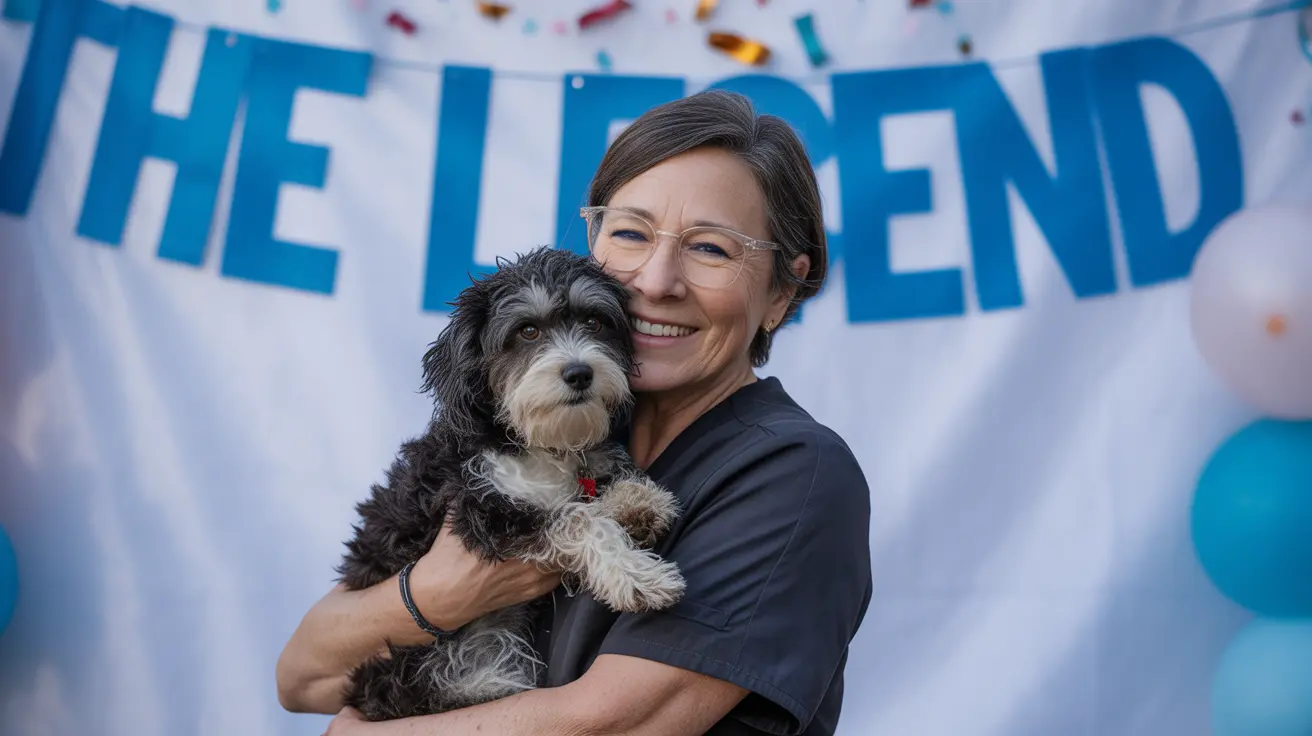The veterinary community in Sequim, Washington, recently marked the end of an era as Jackie Anderson retired after 32 years of dedicated service at a local animal hospital. Anderson's retirement represents a significant milestone for this rural veterinary clinic, highlighting both the importance of long-term staff continuity and the ongoing challenges facing veterinary practices in rural communities across America.
Anderson's three-decade tenure at the Sequim Animal Hospital exemplifies the kind of experienced veterinary staff that forms the backbone of rural pet healthcare. Her colleagues described her as a "touchstone" for the practice, underscoring how veteran team members contribute to the stability and reputation that rural animal hospitals depend on to serve their communities effectively.
The Critical Role of Long-Term Veterinary Care Professionals
Rural veterinary clinics face unique challenges in maintaining consistent, quality care for the animals and families they serve. Unlike urban practices with larger staff pools and resources, these community veterinary services often rely heavily on experienced team members who understand the specific needs of their local area.
Anderson's 32-year commitment demonstrates the value of veterinary staff retention in rural settings. Long-serving employees like Anderson develop deep relationships with pet families, understand local animal populations, and provide institutional knowledge that ensures continuity of care across generations of pets and their owners.
Challenges Facing Rural Veterinary Succession Planning
The retirement of experienced staff members highlights broader issues affecting rural veterinarian shortage across the United States. Many rural communities struggle to attract and retain veterinary professionals, making the departure of long-term employees particularly impactful.
Mixed-animal veterinary practices in rural areas often serve both companion animals and livestock, requiring diverse skill sets and deep community connections. When veteran staff members retire, practices must navigate maintaining veterinary clinic continuity while training new team members and preserving the relationships that keep rural animal hospitals thriving.
Supporting Rural Pet Healthcare Infrastructure
Pet owners in rural communities can play an active role in supporting their local veterinary practices during transitions like staff retirements. Regular wellness visits, prompt payment of services, and positive word-of-mouth referrals help ensure that rural veterinary clinics remain financially stable and attractive to new veterinary professionals.
Building strong relationships with veterinary teams also benefits pets and their families. When veterinary staff know your animals well, they can provide more personalized care and quickly identify changes in health or behavior that might require attention.
Maintaining Quality Care During Veterinary Practice Transitions
Successful animal hospital retirements require careful planning to ensure seamless continuity of care for patients and their families. The best practices include thorough documentation of patient histories, gradual transition periods where retiring staff can mentor newcomers, and clear communication with pet owners about any changes in their care team.
Rural animal hospitals often benefit from cross-training staff members in multiple roles, ensuring that essential functions continue even when key personnel retire. This approach helps maintain the comprehensive care that makes mixed-animal veterinary practices so valuable to their communities.
Frequently Asked Questions
Why is long-term staff continuity important at a rural veterinary clinic?
Long-term staff continuity at rural veterinary clinics ensures consistent, personalized care for pets and builds trust within the community. Experienced staff members understand local animal populations, maintain relationships with multiple generations of pet families, and provide institutional knowledge that helps practices navigate challenges unique to rural areas. This continuity is especially important in areas where veterinary options are limited.
How does a rural veterinary practice maintain quality care during staff transitions and retirements?
Rural veterinary practices maintain quality care during transitions by implementing thorough documentation systems, providing overlap periods for knowledge transfer, cross-training staff in multiple roles, and maintaining clear communication with pet owners. Practices often benefit from gradual transition periods where retiring staff can mentor new team members and ensure continuity of patient relationships.
What challenges do rural veterinary clinics face in recruiting and retaining experienced staff?
Rural veterinary clinics face several challenges including limited candidate pools, competition with urban practices offering higher salaries, geographic isolation, and the need for diverse skills to serve both companion animals and livestock. Additionally, rural practices often operate with smaller margins and may have difficulty offering the same benefits packages as larger urban veterinary hospitals.
Celebrating Veterinary Dedication
Jackie Anderson's 32-year career at Sequim Animal Hospital represents the kind of commitment that makes rural veterinary care possible. Her retirement marks both an end and a beginning—celebrating decades of dedicated service while highlighting the ongoing importance of supporting rural veterinary practices and the communities they serve.
As rural communities across America face similar transitions, Anderson's story reminds us of the vital role that experienced veterinary professionals play in maintaining the health and wellbeing of our beloved pets.






